If the job of running a game studio were limited to the task of making a video game, that would be merely challenging. But if you are the CEO/Founder of a small game studio right now, then you already know that it’s only a part of your job. Depending on your size and level of success you probably wear so many hats on a given day that it is dizzying. You are the facilities manager, the administrative head, the IT guy, and chief fire-fighter of every conceivable HR crisis and to top it all off you are the main external face of the company. You are also the Biz-Dev person.
If you have a larger, more established studio then hopefully you have done yourself and your company the favor of building out a capable administrative staff (e.g. CFO, COO, Administrative Assistant, HR specialist) to take a lot of those day-to-day issues off you. You may have built out an entire IT department. And you may even have hired a full-time Business Development person, so you don’t have to do it. Good for you!
The bad news is that all the game buyers out there still won’t want to sign a deal if they don’t get to know you and feel good about you first. You are the CEO. And if you are the CEO, the truth is that you will never escape the need for publishers and investors to have a personal relationship with you. So, like it or not, you are still going to be doing BizDev. Embrace it. Get good at it.
One of the things I try to communicate to independent developers I work with is the need to Always Be Doing BizDev. Here is why. The biggest existential threat to any independent studio is a gap between funded projects (except the relatively few studios out there making a profit off royalties from previous games – you know who you are). A “Gap” is the period between the end of one project to make a game and the beginning of the next project. Gaps are the real studio killers. They are the asteroids headed to your planet to wreak havoc. And like asteroids, some are known and expected to hit you, and some come out of nowhere threatening to take you out suddenly.
All of this means that some gaps you can and must plan for and some gaps you can’t. Typically, it can take 6 months to a year to find a new project to fill an upcoming gap. This includes building a pitch and demo, pitching to potential buyers, and negotiating contracts. Sure, it can happen faster but usually it doesn’t. So, if you are a year out from an expected project ending, you need to be starting the process of finding the funding for your next project right about now. So much for the events you can plan for.
But here is the rub, how do you mitigate the risk of the unexpected gap event? For example, when a publisher cancels your project suddenly without notice. There are a couple of things you can do but primarily it means that you will have to be doing BizDev even when you have no expected availability in the future!
It should be best practice for a studio to constantly be meeting with publishers and other buyers pitching new games and discussing opportunities. Even if your current project is early in production and top secret and you have no foreseeable availability, that should not stop you and your team from hitting the big conferences or visiting publishers to pitch a new game, participate in an RFP or talk about that port project. The old-timers who have been doing this a long time either know this or have gotten complacent about pitching when times are good. I remind them that they are doing BizDev now to secure the existence of the company in the case of catastrophe. It’s important that they don’t get lazy about it. The push back I get from less experienced developers is what I call the fear of a good problem: what if a publisher loves my pitch so much and I can’t sign it because my studio is working on another project? My response is usually “multiple people want to pay me to make games for them – that’s a tough problem to have isn’t it?”
You are always doing BizDev because you either expect an end coming up soon or because you need a plan B in case of disaster. The best time to discuss a deal is when the other party wants to fund a game but you don’t need to sign one. That is open season for you to negotiate – could you own the IP this time? Could you charge a higher man-month rate or get more backend than on your last project? For once, you are not the desperate negotiator, you can afford to play it cool. Enjoy how that feels. Because if the deal they offer is rich enough for you, who knows, maybe you decide you can scale your studio to take on a second team at least enough to accommodate a prototype? Or hire another team to prototype with you. Or maybe you just tell the publisher that you no longer have capacity and that you would be open to start the new project a little later when you can field a prototype team.
Basically, an abundance of opportunity is a manageable problem. It shouldn’t really be called a problem because it presents you with strategic choices. And developing opportunities through BizDev and making strategic decisions to grow the value of your company is really what the CEO/Founder role needs to be about – pulling yourself up out of the weeds of fixing the team’s PCs, restocking the company refrigerator, and talking your artist down from their latest meltdown. Your company will be better and more resilient because you are always doing BizDev.


